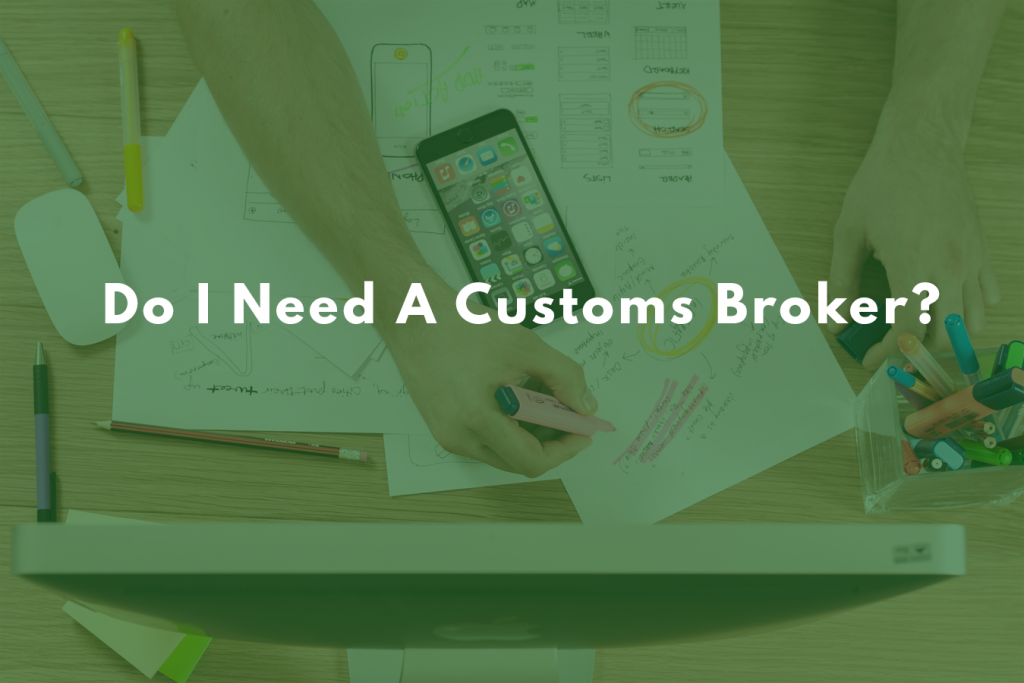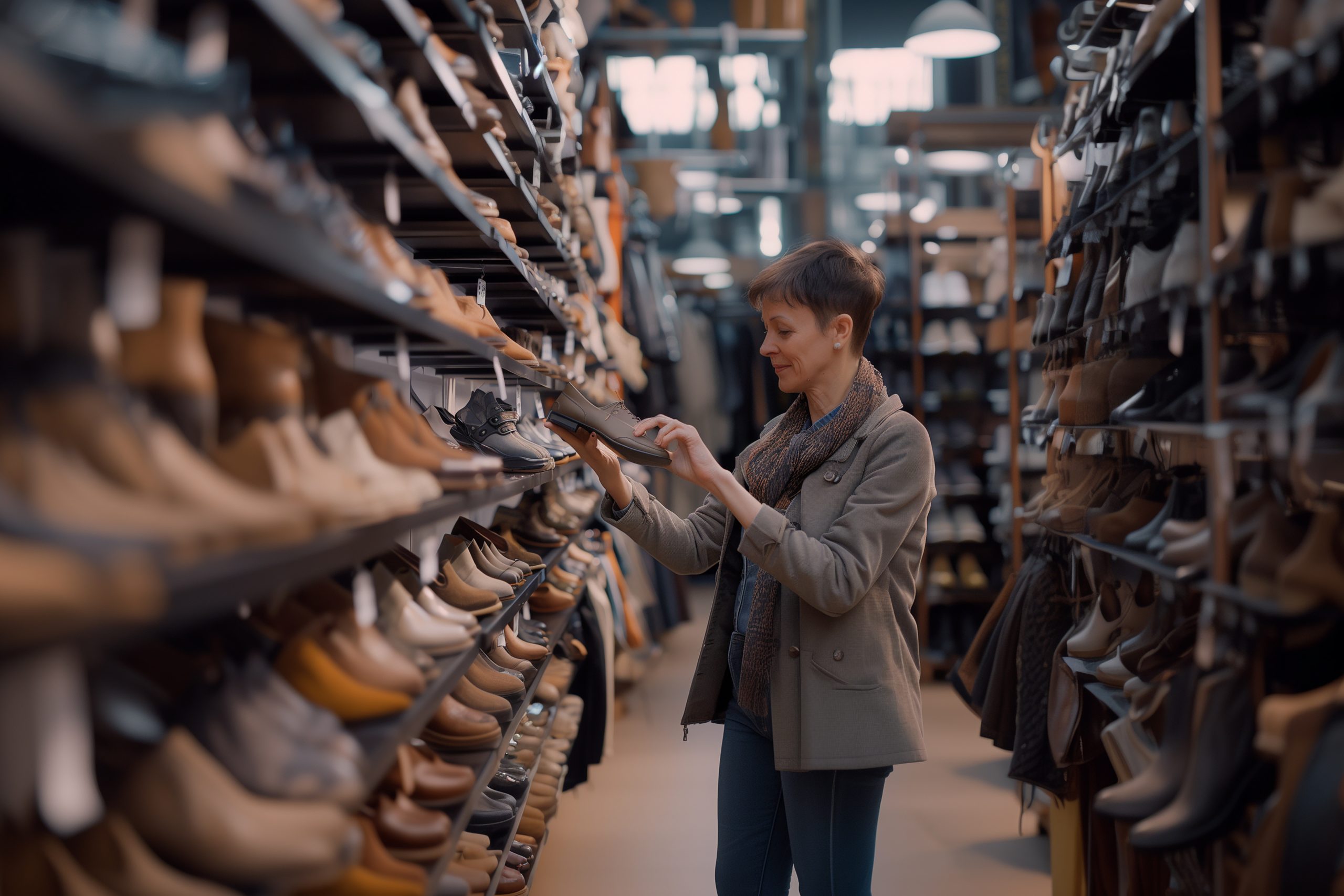You might not be as ready to import without a customs broker as you think.
While it might not seem immediately obvious to you, customs brokers are a valuable piece to the puzzle if you want to run a smooth operation. Whether you’re a big corporation or a small business, we can help with your imports.
What does a customs broker do? At Clearit, we take on the responsibility of making sure your paperwork is right, your shipments are clearing, and you’re not running afoul of changing international trade standards. We memorize the tariff codes, deal with Customs and Border Protection (CBP), and make a complicated process as easy as possible for you.
Of course, all of that responsibility could be taken on by the importer themselves, and many choose to do just that.
But what if something unexpected comes up? A delay on the rail transport, unforeseen additional duties and tariffs, seizure and destruction of goods due to lengthy stays in rail or sea ports: all of these could cause tremendous trouble for a shipper.
Customs Brokers and Trade Law
International trading laws are constantly in flux. Tariffs, trade negotiations, sanctions, even audit targets — they change often. Countries can enact changes without shippers ever noticing until it’s too late! Even if a shipper goes into a trade having previously studied all of the laws applicable to their shipment, it’s possible to be blindsided by heavy duties and tariffs — and possible unexpected fines.
Engaging in a relationship with a customs broker will not only ensure a shipper doesn’t get taken off guard, but it’ll take the pressure off. You’ll no longer be responsible for understanding and dissecting complex international trading laws. Rather, that becomes our responsibility – and with an online customs broker like Clearit, you don’t even have to leave your business for service.
The money spent on a customs broker pales in comparison to the fines that could be levied by countries that deem a shippers’ goods too dangerous, mishandled, or simply violating trade laws.
CBP could reject your shipment, outright destroy it, or even launch an audit investigation — and then you’ll really want a customs broker on hand for advice. A customs broker will be able to provide you with valuable guidance through any type of audit. If you’re ungoing an audit survey, we can help it keep from progressing to a full audit.
Customs Brokers and Required Importing Paperwork
Many shippers hire customs brokers because of the mounting headache caused by government regulations and an overwhelming amount of confusing paperwork.
One mislabeled customs invoice or one document indicating the wrong taxes imposed on the traded goods could result in a devastating amount of trouble for a shipper — especially smaller businesses who are just beginning to expand overseas.
If you’ve never imported anything commercially before, how do you know what paperwork is really required? By hiring a customs broker. Brokers like Clearit make it their job to study and perfect the handling of international paperwork, as well as build relationships with governments abroad.
For example, customs brokers are the ones that really know the harmonized tariff schedule, a complex set of numbers and codes used to identify items in small and large overseas shipments. By removing this task out of the hands of the shipper, brokers give anyone in charge of import businesses the freedom to focus on more important day-to-day issues.
Do I Need A Customs Broker?
Legally, you don’t need to use a customs broker to clear shipments through US customs. Some big carriers like FedEx will require you to use a customs broker if your shipment exceeds a set amount, though.
Customs brokers remove the hassle, headache and painstaking process of engaging with governments. While it might seem easy enough to monitor every part of the journey, there’s bound to be some hiccups along the way, many of those unforeseen. We can catch errors before you might because of the sheer volume of importing we do — we’ve seen it all!
A customs broker helps keep all your documentation tidy and prepared for inspection from international governments. Ultimately, you’ll be saving money when you aren’t slapped with a dangerous, and potentially industry crushing fine or seizure of goods.






